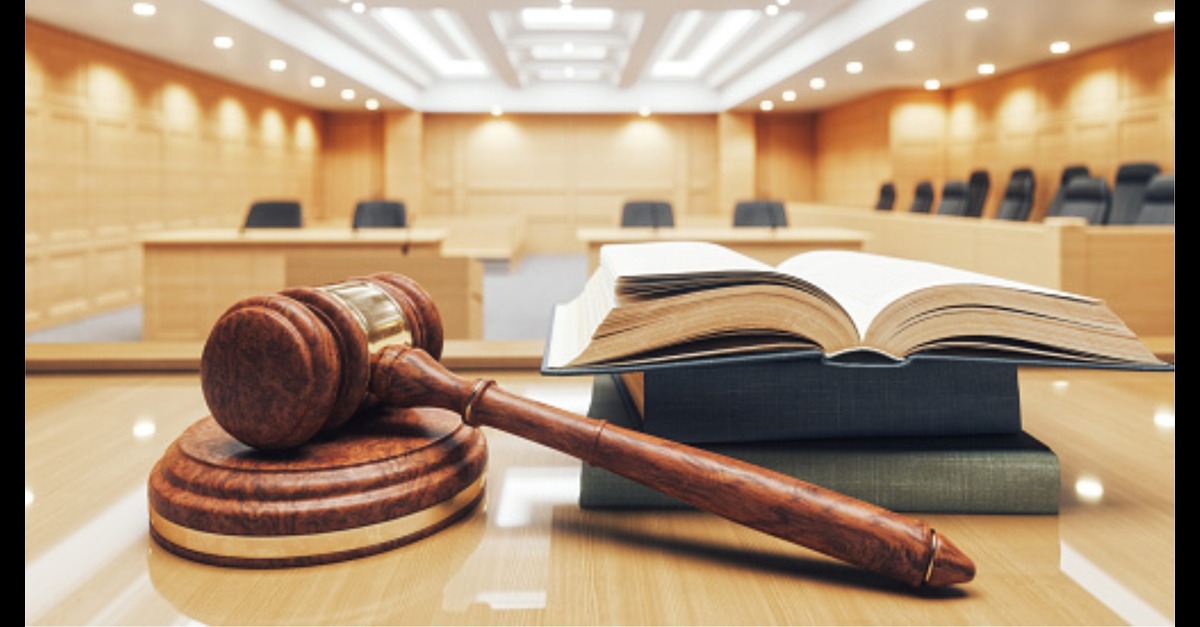ABSTRACT
The Supreme Court of India, in a recent ruling, shed light on the parameters of the principles of natural justice in the case of disciplinary actions. The Court ruled that a grievance against disciplinary action based on the non-supply of certain documents—such as a preliminary inquiry report—cannot be maintained unless the erring employee proves that grave prejudice was caused. This piece examines the rationale applied by the Court, its consistency with precedent, and the effects for employment and administrative law.
INTRODUCTION
The natural justice principles form the basis for just administrative and quasi-judicial processes. These principles, particularly *audi alteram partem* (right to be heard), are frequently quoted in service law cases. But the Supreme Court, balancing procedural fairness with administrative effectiveness, has once again clarified that natural justice cannot be turned into a mere ritual of technicality. The latest ruling by a bench presided over by Justice A.S. Oka and Justice A.G. Masih supports the view by holding that non-supply of documents such as a preliminary inquiry report by itself does not necessarily vitiate disciplinary proceedings unless grave prejudice is proved.
KEYWORDS
Natural Justice, Disciplinary Proceedings, Preliminary Inquiry Report, Grave Prejudice, Supreme Court, Kendriya Vidyalaya, B. Karunakar, Procedural Fairness, Audi Alteram Partem, Departmental Inquiry
MAIN BODY
The principles of natural justice—especially the right to be heard and the right to a reasonable investigation—are the basis of public employment disciplinary action; yet these rights are not absolute and are bound to be used as they apply in specific situations, the courts always reiterating that every procedural failure may not amount to interfering unless it results in serious prejudice. The Supreme Court, after *State Bank of Patiala v. S.K. Sharma*, has made a distinction between “no hearing” and “no adequate hearing,” explaining that a natural justice failure does not necessarily vitiate a proceeding unless the employee can establish real prejudice. In *Union of India v. Alok Kumar*, the Court reaffirmed this doctrine by holding that unless the erring officer points out how a procedural defect deprived them of a reasonable opportunity to defend themselves, the inquiry cannot be vitiated. The latest case of a Kendriya Vidyalaya teacher reiterated this rule, where the employee objected to the disciplinary action on the grounds that the preliminary inquiry report and some documents relied upon were not provided. Although the High Court had entertained this plea and quashed the proceedings for breach of natural justice, the Supreme Court overturned this judgment, holding that unless non-supply of documents has demonstrably resulted in serious prejudice, the inquiry cannot be invalidated. The Court warned that the prejudice doctrine needed to be called upon with caution, and that small procedural shortcomings or technical mishaps ought not to hijack disciplinary actions, particularly where the default did not affect the employee’s capacity to present an effective defence. It employed a purposive approach to procedural fairness in service law—one that accords with effective administrative action without indulging in excessive judicial probing of minor infirmities. Reinforcing this realistic approach, previous judgments like *Canara Bank v. V.K. Awasthy* and *Chairman, LIC v. A. Masilamani* validated that natural justice need not be applied as a mechanical ritual but must promote the ends of justice in a substantive manner. Lastly, by following the Constitution Bench decision in *Managing Director, ECIL v. B. Karunakar*The Court held that a procedural flaw, like non-provision of a preliminary report, would not taint an inquiry unless it manifestly caused injustice, upholding the principle that substance must override mere form in assessing fairness in disciplinary proceedings.
CONCLUSION
The Supreme Court judgment reinforces the principle that natural justice is a tool to provide fairness—not a procedural tool to delay justice. Merely non-supply of documents such as preliminary inquiry reports can’t invalidate disciplinary action unless real and substantial prejudice is established. This judgment represents a pragmatic development in service jurisprudence, restraining frivolous technical challenges and ensuring procedural integrity not override substantive justice. Courts, while continuing to be the custodians of due process, will never allow natural justice to be used as a cloak for misconduct in the absence of evident prejudice.
“PRIME LEGAL is a full-service law firm that has won a National Award and has more than 20 years of experience in an array of sectors and practice areas. Prime legal falls into the category of best law firm, best lawyer, best family lawyer, best divorce lawyer, best divorce law firm, best criminal lawyer, best criminal law firm, best consumer lawyer, best civil lawyer.”
WRITTEN BY ADI MEHTA


